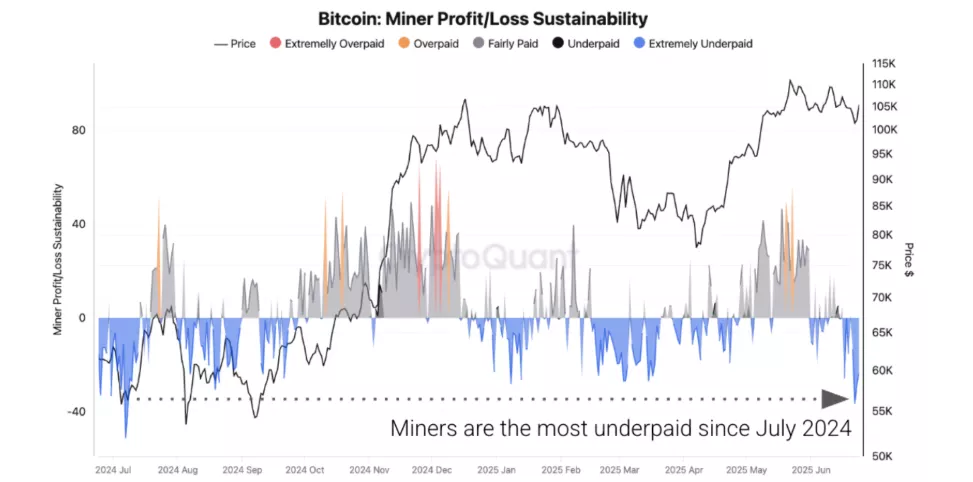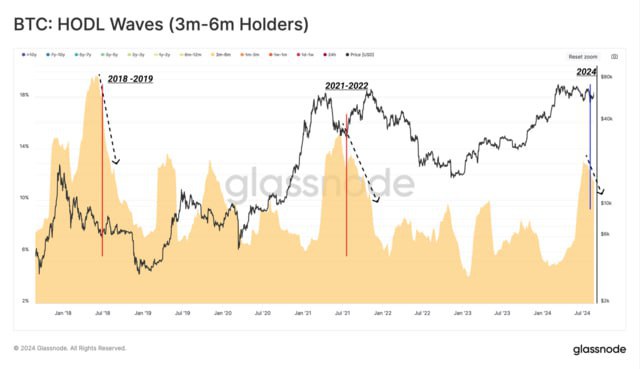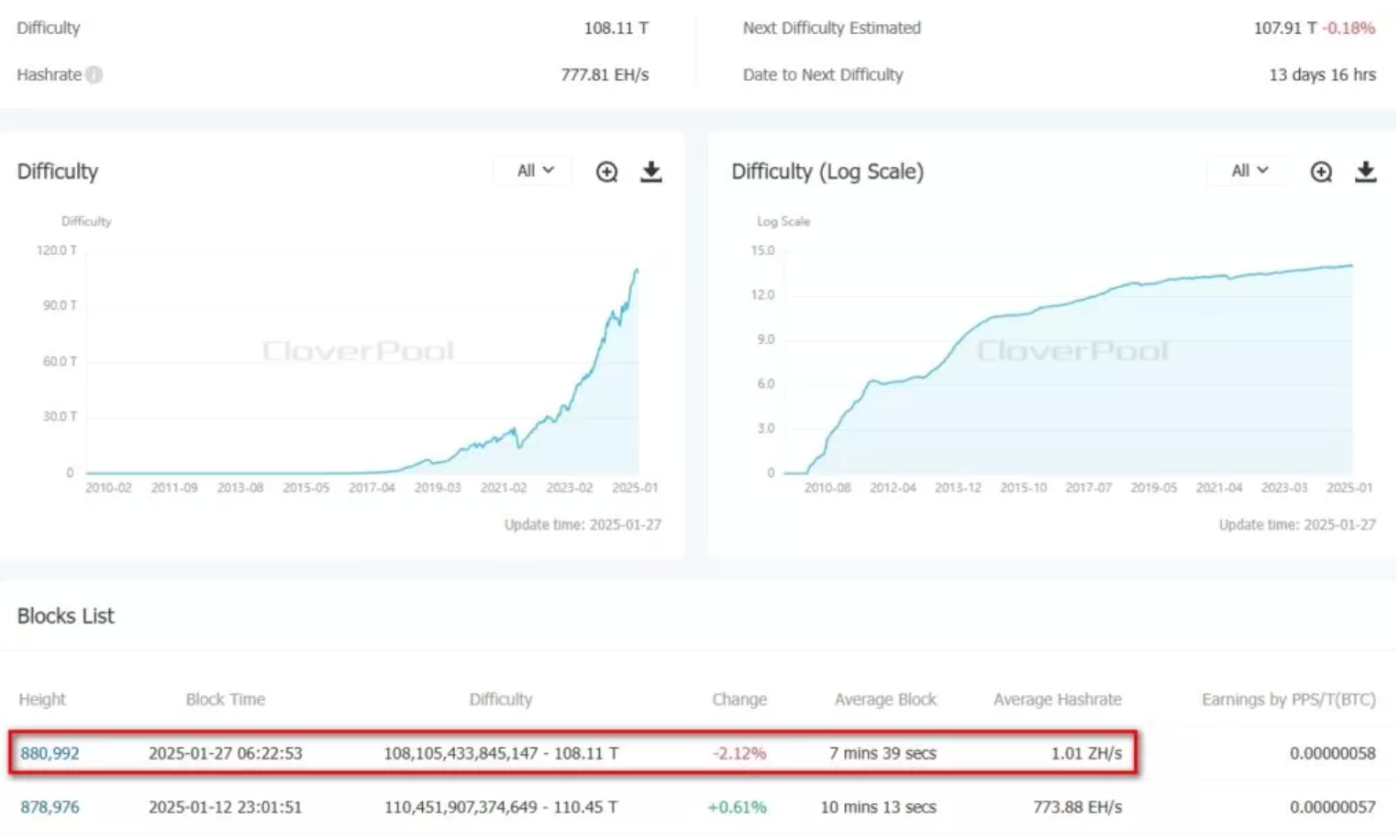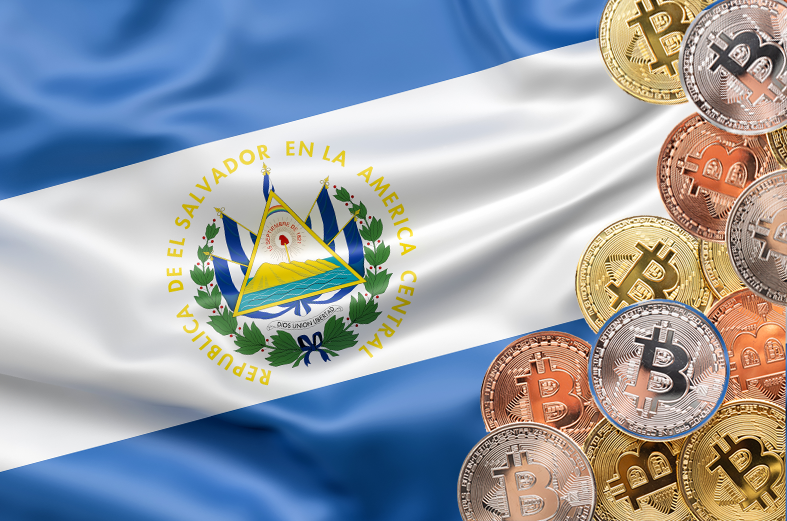The main reason lies in the widening spread between repo operations and the yield on Treasury bonds, which currently offer 5.3% and 4.3%, respectively. This gap makes reverse repo transactions more attractive to large funds.
As a result, investors are withdrawing funds from Treasury bonds and moving them into reverse repo transactions, which, according to Hayes, reduces the amount of liquidity available for investments in risky assets like cryptocurrencies. In an environment of limited money supply, there are fewer resources available to support the growth of Bitcoin and other digital assets.
Since mid-August, $120 billion has been converted in this manner, leading to a 10% drop in Bitcoin’s price following Federal Reserve Chairman Jerome Powell’s speech on August 23. Although Bitcoin partially recovered the next day, there is still uncertainty in the market regarding the future price dynamics. This situation illustrates that the impact of the Federal Reserve’s decisions on the cryptocurrency market may be limited, especially when large institutional players prefer more stable financial instruments.










